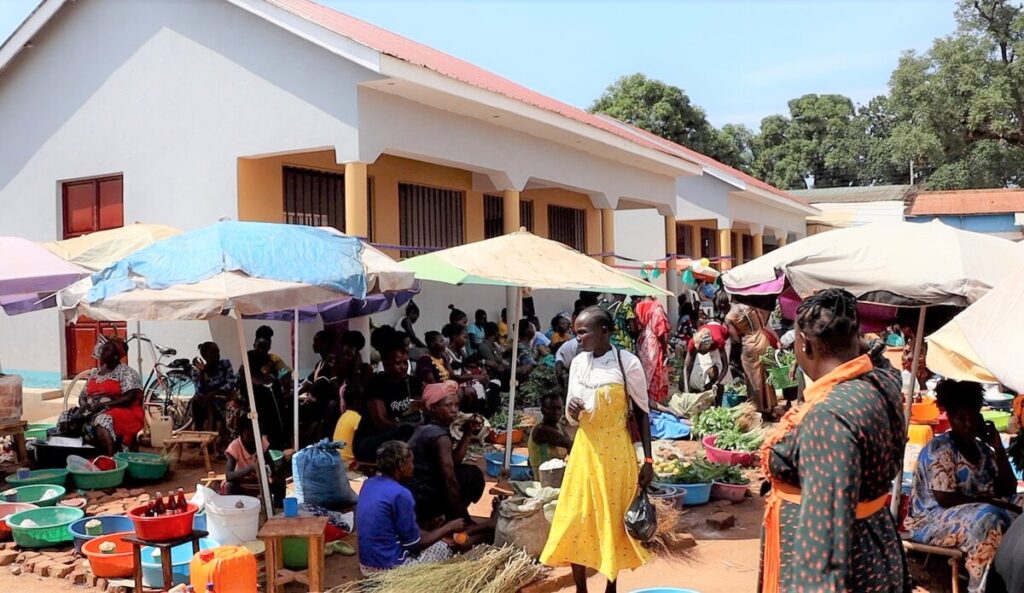Women entrepreneurs in Western Equatoria State are facing growing economic hardship due to a steep rise in the prices of basic commodities, with many now calling on authorities and NGOs to intervene urgently.
Fozia Abass Barnaba Bangasu, Chairperson of the Women’s Union in the state, told Radio Tamazuj that the ongoing economic crisis has made life unbearable for women, especially those relying on small businesses to support their families.
“The prices of essential items like sugar, tea, food, and transport have risen beyond what ordinary citizens can afford. A single cup of sugar now costs SSP 3,000, and tea leaves sell at 2,000. It is becoming impossible for women to survive,” she said. “Even farming is difficult. You cannot travel just a few miles outside Yambio to cultivate because of insecurity. If you want to make tea, everything you need is expensive.”
“Traders blame high prices on the dollar, but many women have never seen a dollar. Still, they suffer the consequences the most,” Abass added.
She said many women are doing their best to stay afloat through small businesses such as tea selling, restaurant work, or farming, but insecurity and inflation are diminishing their efforts.
The women’s leader urged the government, traders, and humanitarian organizations to introduce urgent measures to stabilize prices, regulate the dollar rate, and support local markets and production.
In Mundri West County, County Commissioner Zelpha Dawa Justin echoed these concerns. She said the dollar rate has been a key factor affecting prices since 2022, alongside multiple barriers faced by traders.
“Traders are charged heavily at several checkpoints and taxed per item. These extra costs are passed down to consumers, especially women,” she explained.
Dawa added that exorbitant school fees also contribute to price increases, as sellers increase prices to meet their family needs.
She further highlighted issues at customs and roadblocks, particularly in areas like Jumbo, Gangura (Tambura County), and Sakure (Nzara County), which border the Democratic Republic of Congo.
In Maridi County, a tea vendor named Alice Ngulea said recent weeks have seen dramatic price hikes.
“Last week, a packet of tea cost SSP 18,000. We are buying goods at high prices, and it is not sustainable,” she lamented. “The government should stand with us.”
Another woman selling local produce in Yambio added that profits are shrinking, and the struggle to support families is intensifying.
“We buy bananas at SSP 2,500 and sell them at 3,000. Our profit is only 500 SSP,” she revealed. “It is barely enough to feed our children or pay their school fees.”
As the economic crisis deepens, women across Western Equatoria are urging national and local authorities to act swiftly to ease the burden and protect vulnerable households.




